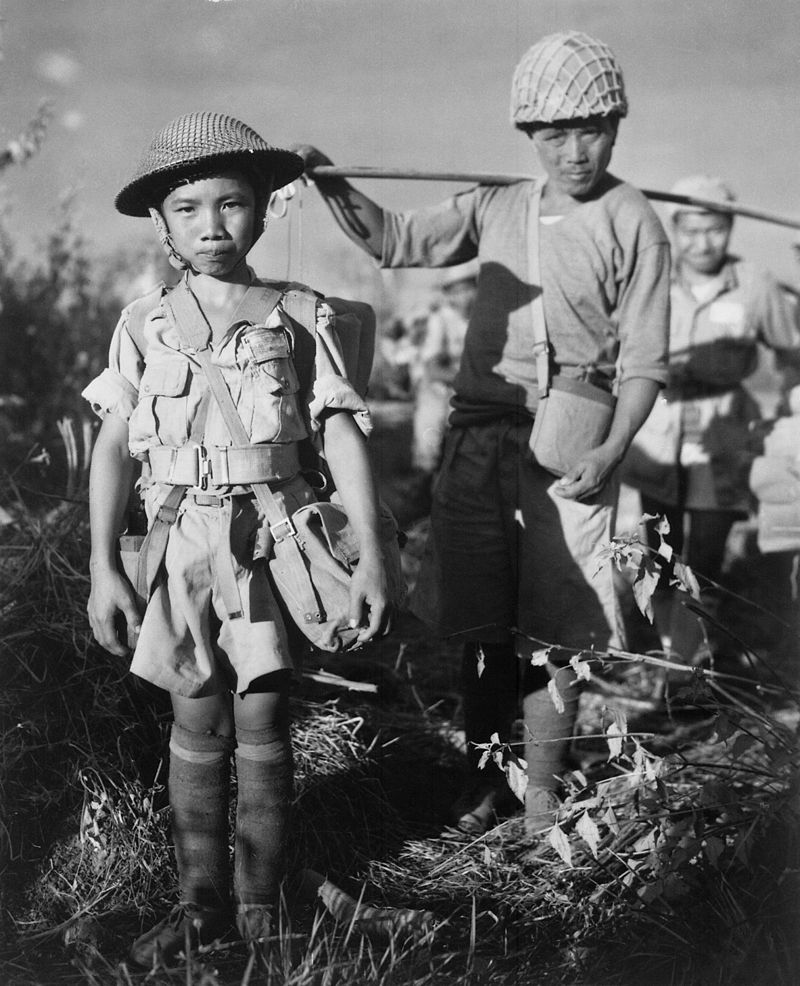waybread
Well-known member
Of course it does. You don't go against family, and you don't cause yourself trouble with family members. Much less in public. Behind closed doors, maybe. But the article is clearly wanting people to argue on the issue in public settings such as facebook or twitter.
Doing that not only leads to infighting, but also leads to public targeting of your own family.
Family is family Osa. It is a sacred thing. Disagreements are resolved one on one behind closed doors. Never in public. Never through social media.
And here is the thing, when I called out the BLM movement, I did mention in their website they are against the "nuclear family". This is just part of it. Breaking up the family in the name of ideology is part of their political agenda. Turn children against parents, brother against brother, etc.
Old poem from my country:
Los hermanos sean unidos esa es la ley primera,
Que tengan union verdadera en cualquier tiempo que sea,
por que si entre ellos pelean, los devoran los de afuera.
Dirius, I think you previously alluded to cultural differences in how you view family and how Americans seem to.
I'll try to put this in perspective. I have two adult children. I have always loved them dearly, but when they were young, of course I had to correct them and sometimes discipline them. Disciplining a child is done out of love, so that s/he is capable of becoming a mature adult. A parent of a misbehaving child cannot always wait until they are in a private setting to say something like, "Stop hitting your sister!" (We have a loving relationship now.)
We have an English saying, "Blood is thicker than water." I had a number of times in my past when I thought my siblings and parents had done inexcusable things. I was tempted to cut off communication. We don't have to condone family members' actions to continue a family relationship with them.
Some families are too dysfunctional to be sustained through a silence that only favors the perpetrator. Childhood victims of abuse by family members need to be able to speak out and to reclaim their sanity. This is especially true re: childhood sexual abuse. Silence is what allows the abuser to continue the abuse, or to molest multiple children.
Then it's a two-way street. Surely Osamenor's aunt would bear some responsibility for not offending family members, knowing how divided the US is on political issues today.
We don't dishonor people through honesty. Rather, in being honest re: sometimes painful subjects, we show that we think they are big people with big shoulders (metaphorically,) not emotional weaklings.
Last edited:







